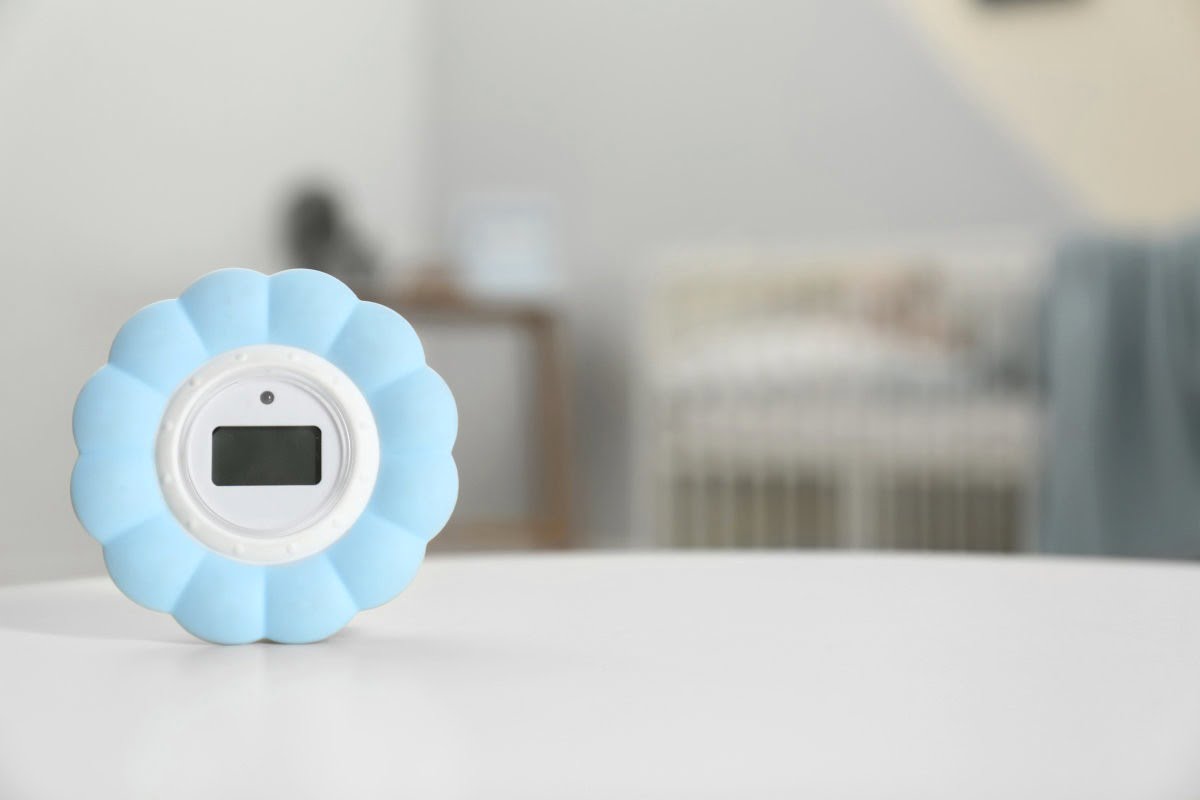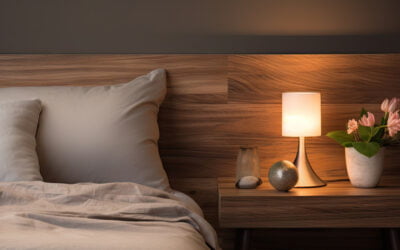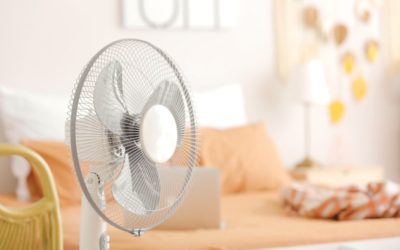Did you know that humidity can significantly impact the quality of your sleep? While we often focus on the temperature, the level of moisture in the air also plays a crucial role in how restful your night is. With warm, humid days on the horizon, understanding the ideal humidity for your bedroom can make a big difference in how well you sleep.
What Is Humidity?
Humidity refers to the amount of moisture in the air. The level of humidity in your environment can either make or break your sleep experience. Both high and low humidity levels have the potential to affect your comfort and health during the night.
Low Humidity and Sleep Quality
Too little humidity in your bedroom can also cause discomfort. Dry air, often found in cold winters or dry climates, can irritate your nasal passages, causing sneezing, coughing, or a scratchy throat. Breathing in dry air at night can make it harder to fall asleep, causing coughing fits or even gagging. Over time, this can contribute to discomfort and negatively impact your sleep.
High Humidity and Sleep Quality
On the other hand, when humidity is too high, it creates a stuffy, uncomfortable environment. Increased sweating occurs, but the sweat can’t evaporate effectively due to the excess moisture in the air. This leaves you feeling even warmer and sticky, disrupting your sleep. High humidity can also result from summer heat or during winter months when the heating system is running, and windows and doors are shut, reducing ventilation. This can lead to problems such as mould, dampness, and condensation, which can trigger allergies and cause sleep disturbances.
Managing Humidity in the Bedroom
While you can’t control the outdoor weather, you can easily manage the humidity levels inside your bedroom, and doing so can greatly improve your sleep and overall health.
How to Control Low Humidity:
- Use a Humidifier: If the air is too dry, especially in the winter, a humidifier can help maintain optimal moisture levels and make breathing easier at night.
- Choose Cotton Bedding: When humidity is high, opt for cotton sheets and nightwear, as they help your skin breathe better, keeping you cool and comfortable.
How to Control High Humidity:
- Use a Dehumidifier: If your bedroom has excessive humidity, particularly during warmer months, a dehumidifier can help reduce moisture in the air, making it more comfortable to sleep.
- Ventilate Your Room: Open windows even during the winter to allow air circulation and prevent moisture buildup. Fresh air helps release excess humidity.
Ideal Humidity Level for Sleep
For the best sleep environment, aim for a humidity level between 40% and 60%. Anything over 60% can be uncomfortable and may require action to reduce moisture, while anything below 40% can lead to dry air and respiratory issues.
Maintaining the right humidity in your bedroom is essential for optimal sleep. By regulating the moisture levels in your room, you can create a comfortable, healthy sleep environment that helps you wake up refreshed and energised.
First published in 2019 and republished in 2026.






0 Comments